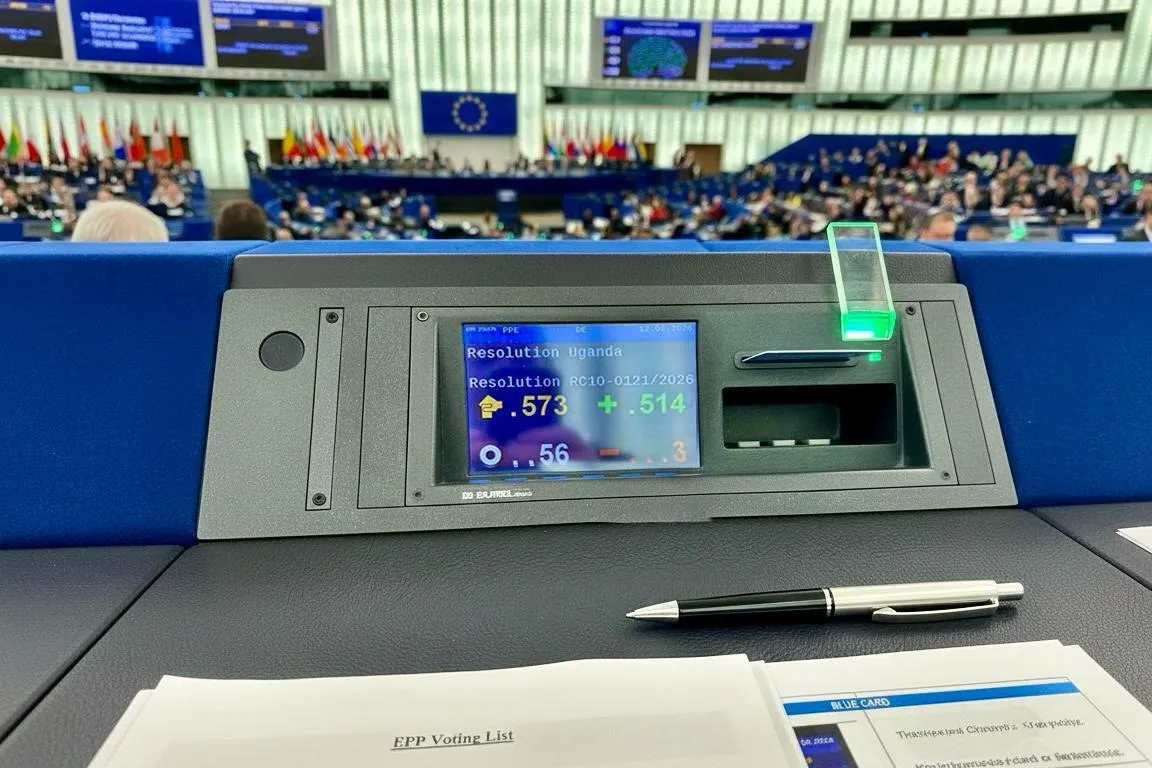.webp)
The Silence of Words
A son's complex relationship with his father, from childhood to adulthood, and the unexpected changes that come with ageing.

06 Dec, 2024
Share
Save
In college, once every week, I embarked on a long walk from the boys' dorm to the phone booth next to the canteen. It was always Dad who picked up the call. He would lift the heavy receiver of the rotatory-dial telephone, place it on his stubbled right cheek, and, in his gravelly voice, utter the same two sentences every time.
“How are your studies going?”
"Let me give the phone to your mother.”
For my four years of engineering, this never changed. No non-academic happenings in my life interested him.
Not that our mutual communication was any different before I left for college. Every evening, my brother and I scampered to our study room at the first sound of his footsteps into the house. Mom tiptoed behind him into the bedroom with a towel in her hand. While Dad removed his sweaty shirt and dirty pants, Mom opened the dark green, cast-iron almirah that stood like a monstrous alien in the dingy room and picked up washed trousers. She gave him a fresh towel and trousers as he handed her the dirty clothes. After the barter, Dad rushed to the bathroom while Mom threw the clothes into a green, translucent plastic bucket that moonlighted as our laundry bag.
After the bath, Dad, now shirtless and smelling of cheap bath soap, walked to the prayer room next to the hall. He hurriedly sought blessings from all the Gods overlooking a permanently lit, elegant brass lamp. He spent a little more time with his dad, my grandfather, whose stern face surveyed our hall from the portrait on the wall. After several unsuccessful attempts to emulate that sombre look running for generations on our fraternal side, my brother and I grudgingly concluded that we were adopted.
Once done with the austerities, Dad placed his plump, majestic body on the oversized bamboo chair in front of the black-and-white picture-tube TV. For the next one hour, he owned the hall. We kids were to be in our study room completing homework, and Mom was in the kitchen preparing dinner. It was ‘News-time’ on Doordarshan, the state-owned broadcaster provided free to all Indian households. He devoured crunchy snacks and milk tea that Mom placed in front of him as the stoic, aged anchors announced the plans of the government to open up the Indian economy, exposed a new corruption scandal, reported another invasion by the US, and celebrated Sachin Tendulkar’s latest knock against Pakistan. The only interruptions he allowed were self-imposed ones. During the advertisement break, he called out to his sons.
Every day, he had the same question—“How were your studies today?
That was our cue to list our classes for the day lyrically, like the English rhymes taught in school.
"First period was mathematics. Ms. Smita taught us algebra,
The second period was Science. Ms. Leena taught us photosynthesis.
Third period…." and so on until we brothers covered nine periods and two breaks each.
Dad’s response to our sincere recitals was curt and serious, like his voice - “OK. Now go back to study.”
We ran back with glee, happy that the interrogation passed uneventfully.
During dinner, we stuffed our mouths with hot rice and spicy vegetables and complained in whispers about the unchanging menu. It was Mom’s time to remind Dad of the unpaid bills, the due date for house rent, and the leaking pipes at home. When money is scarce in a family, it compensates for its absence by seeping into adult conversations. In our house, unpaid bills were a part of household tête-à-tête. Dad acknowledged Mom’s words with sighs, rarely saying anything back.
An amateur psychoanalyst might have observed that my vexatious behaviour towards my little brother was the subconscious manifestation of my seeking dad’s attention. But I would disagree. I simply loved torturing my brother. However, it caused Dad to shower extra attention on his sons in the form of warnings, scolding, and, at least once a month, cane lashes on our tender thighs. He had a sleek bamboo cane exclusively designed for the purpose. It made a swishing sound every time it flexed.
Its usage came into play when my expression of love towards my brother went beyond friendly shoves and taps on the head. In desperation, he would throw his mouth wide open and let out a vile scream.
Many things normal in our friends’ houses were banned in ours. These included chatter from our beds after 9 PM, cricket, hide-and-seek or any games inside the house, and intimate scenes on TV. But the king of all forbidden sins, as per Dad’s dictum, was noise. Screams were nothing short of blasphemy. Particularly my brother’s, for he had a deep, squawky shrill that had the unique ability to Hulk-transform Dad. Within minutes, we both would be sobbing like newborns, watching the cane slashes on our inner thighs metamorphose from pink to red to an atrocious purple.
The cane routine continued until middle school. By then, our conflict transcended to the next orbit—my future. First engineering, then a stable job, and finally a cultured bride through an arranged marriage. This was Dad’s prescription for a successful life for his son. He invested all his savings in enrolling me in the best engineering entrance coaching centre in the city. When the fourteen-hour schedule got the better of me, heated arguments exploded between Dad and me. He wanted to keep a tab on my progress while I wanted to be left alone.
After scrapping through two years of facts, formulae, and corporal punishments, I took the exams, and we nervously awaited the results. We were at our neighbour’s two months later to check my fate online. As my rank flashed in pixelated figures on the IBM PC, the neighbours patted my back and congratulated Dad. Ranked 400 among 100,000 examinees, I was in the top 99.6 percentile in the State.
I was ecstatic, but Dad wasn’t. He thanked our neighbours for letting us use their desktop and silently walked back to our house. He had dreamed of seeing my photograph in the local daily—a privilege reserved for the ones who get into IITs.
We never discussed my results again.
Soon, I packed my bags to a residential engineering college that was kind enough to host me. For four years, our communication was limited to those 10-second phone calls. Then, I got a job in Bangalore and began my tryst with corporate life.
It was when I came home during the holidays in the first year of my job that I noticed a sudden change in Dad’s demeanour. On the second evening, he walked in while I watched TV during ‘News-time.’ I offered to change the channel from Star-movies to CNN (by then, we had graduated from old Doordarshan to slick satellite television). To my surprise, he said, “No need. You watch,” before walking away. I thought it was because he missed his old TV (I gifted Mom a Sony flat-screen with my first salary).
The night before I returned to Bangalore, I was in bed with my laptop.
“Are you busy?” he asked me.
"No, Dad,” I said, surprised. Dad had never asked me that before.
When I attempted to get up, “Sit, sit,” he said, waving his palms down as he sat on the edge of the bed and smiled. I gave a nervous smile back.
“How’s life in Bangalore?”
“It’s alright, Dad.”
“Hectic?”
“It’s OK. Manageable.”
He nodded and then went silent. Not knowing what to do, I did the same.
A few minutes later, he got up. “OK. You should be tired,” he said.
He stood there waiting for my response while I stared at him blankly, wondering what to say. Only when he turned back to walk to the door did it occur to me that he wasn’t instructing but asking, “Can we talk?”
Just before the door, he turned to look at me.
"I think that we should add a second story to this house. Interest rates on housing loans are reasonable these days. What do you think?”
At that instant, it struck me that sharing your opinions with your dad is an acquired talent. You can’t give any if you haven’t given any before.
“Whatever you feel, Dad,” I blabbered.
“Still, I want to know your views. We’ll talk tomorrow,” he insisted.
On his way out, he tripped on the foot of my study table. I leapt from the bed to hold him.
“Oh, it’s nothing,” he dismissed me with a smile. “Go to sleep. I’ll wake you on time tomorrow for your train,” he said.
That day, I realised that when your father suddenly treats you like an equal; you don’t feel happy. Instead, the only emotion that explodes in your gut and then rises to swath your heart so tight that you’re unable to breathe is fear. Because now, it is not just about handling his expectations, but also about handling his respect.
And slowly, that fear transforms into anger. Anger at him for being so abrupt. At myself for being so unprepared. And that anger gradually paves the way to a dread—that of coming of age, of entering adulthood, of seeing him age.
In the last few years, our family, like millions of other Indian families, has graduated from lower to upper-middle-class thanks to the country’s economic boom. So, the talk at home isn’t only about unpaid bills and rent. It has moved on to more pleasant topics.
In these years, I have gotten accustomed to that dread, though Dad still shocks me every day with his increasing malleability, open-mindedness, and talkativeness. He calls me more than Mom. He talks about things he has never talked about—things beyond my work or performance or scores—things like cricket, politics, and life!
There are other changes, too. He doesn’t walk as fast as he used to, yet he stumbles often. He takes more time to get up from his chair. He dozes off midway through sentences.
Nowadays, when I go home, I am surrounded by pandemonium. From dawn to dusk, I see little kids from the neighbourhood stuttering and screaming in our house. Our house is their preferred playground. While frantically looking for her friends during a game of hide-and-seek, a four-year-old who isn’t tall enough to reach my knee complains to me in a squeaky, dominating voice, “Why does Uncle let my friends hide anywhere—bathroom, under the bed, behind the TV, on the second floor? So difficult to catch them!”
Two days later, we are in the hall watching the news when the same girl dressed in a mini-mouse jumpsuit walks in and demands the remote. I look at Dad. He smiles before giving it to her. She promptly changes it to Pogo, the kids' channel.
“Yay. Oggy and Cockroaches. My favourite,” she screams before jumping onto Dad’s lap.
For a second, I worry about the arthritis spreading in his knees. But he doesn’t. Instead, he asks her curious questions about the cartoon in his usual grave tone.
“Who is this cat?”
“What does he want?”
“Why don’t the cockroaches like him?”
To each question, the girl gives impatient responses, but not before reprimanding Dad. “Oh… this uncle. Doesn’t know anything,” she says, punching his shoulder with her tiny fist.
I shake my head, not just in surprise, but also in jealousy.
About the author
Karthik is a startup founder by day and an author by night. He has written multiple short stories in different genres, including young adult fiction, rom-coms, coming-of-age dramas, and tragicomedies. He currently resides in Mumbai, India, with his partner, Mrinal, their baby daughter, and their imaginary dog. He is working on his first novel.



